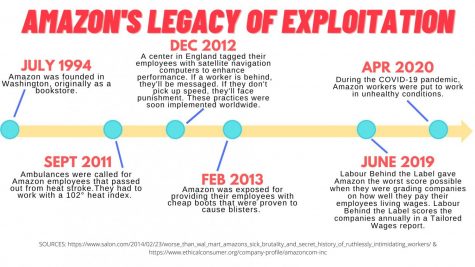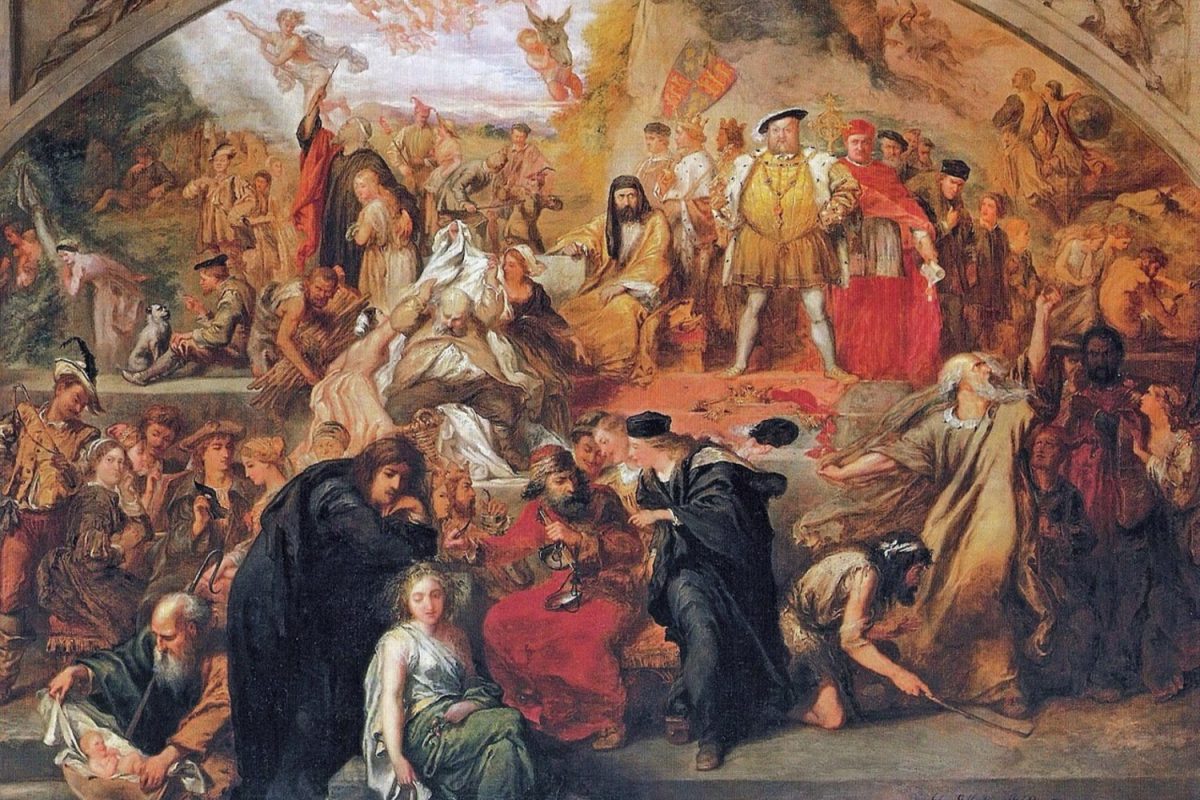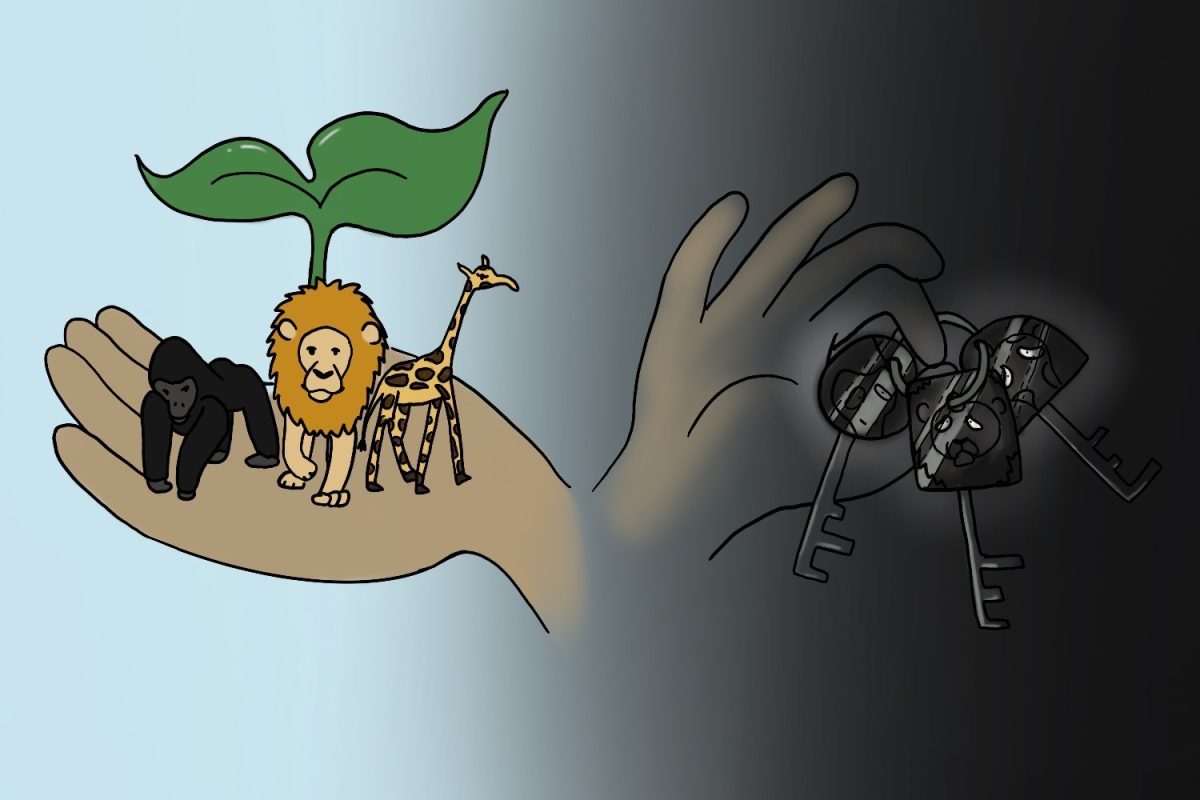Power and success always go hand in hand. To achieve success, we often hear about working hard and being kind. However, the most influential people do not get there by ordinary means.
Jeff Bezos, the CEO of Amazon, is the richest man in the world.
And his company Amazon seems to have no issues with using unethical means to further itself.
Exploitation, child labor, and manipulation are just three common methods of getting ahead in society.
And Amazon is no different.
It’s all part of the quest to get ahead, and it is not a new idea.
Niccolo Machiavelli is regarded as the founder of modern diplomacy and was a crucial figure in the Renaissance.
Often Machiavellianism is defined as a trait of a person so focused on their own goals they will manipulate, deceive, and exploit others to further their own interests.
Modern diplomacy generally entails pursuing the state’s interests no matter what they might be and being loyal to only the state. One look at the world today reveals the influence of Machiavellianism in almost every facet of life. School, work, and of course, politics.
“During high school, everyone’s goal was to graduate, make the most money, and come back showing off something expensive, like a Ferrari,” said Torin O’Brien, a freshman at the University of North Carolina.
In highly competitive environments, the fact of the matter is that some people will cling to their morals while others will disregard them.
Before Machiavellianism, politics used to be driven by Christian morals and ethics. Machiavelli directly opposed this philosophy and advocated for countries to act on interests that were beneficial to the state. Morality was thrown out the window in favor of advancing the state’s interests.
“The ends justify the means in politics because you’re in there for one reason, to accomplish something,” said Cyriakos Nichols, a European history teacher at Carlmont.
Politicians’ primary duty is to improve and represent their community, which means they hold a powerful position. In politics, it is a never-ending race to the top because everyone is constantly improving.
Morals drive people’s views of how to better their community, and ideals vary from person to person. Some politicians’ morals do not always align with their citizens’ views. However, politicians will still pursue the course of action they feel will be the most beneficial for the state.
One example of ethics being disregarded is the use of imperialism, which has been ravaging underdeveloped countries and areas.
For example, King Leopold of Belgium conquered the Congo and quickly established rubber plantations manned by enslaved African people. The rubber plantations produced a substantial amount of revenue and even funded lavish, white-dominated cities in the Congo.
The rubber industry was booming, and the Belgians had a seemingly endless supply of free labor to fulfill all of their capitalistic desires, at the cost of around 10 million Congolese lives. The economic benefits of exploitation outweighed the human rights atrocities committed.
Similarly, Bezos, the founder of Amazon and the world’s wealthiest man, is a prime economic example of Machiavellian practices. Obvious ways to create more revenue are paying workers less and not offering employee benefits, but those methods go against many people’s ethical beliefs. That did not stop Amazon from requiring employees to work during the pandemic in unhealthy conditions.
“There were crowded spaces that did not allow for proper sanitizing of workspaces, and various colleagues coming to work seeming unwell,” Christian Smalls, a former Amazon employee, said in an interview with New York Times.

According to Smalls, this million-dollar company has proven selfish enough to sacrifice their employees’ health during a worldwide pandemic for more profit.
Success is not a given for everyone, which is why manipulation and falsification are so widespread in today’s world. A prime example is in the workplace. Danielle Diego, the Executive Vice President and Head of Music for 20th Century Studios, regularly sees people unfairly benefit from others’ success in the entertainment industry.
“Sometimes you see a film, and there will be six producers listed, but usually there’s only one producer that carried all the weight and did all the work,” Diego said.
Other motivations for Machiavellian actions can be the desire to achieve lifelong goals. Some teenagers have lifelong dreams and will go about their daily lives differently to fulfill those dreams.
“Peers with ‘life plan’ attitudes are definitely different because their mindset is more set on preparing for the future,” said Nicole Kopelev, a Carlmont sophomore. “They will go above and beyond and do whatever it takes because they just want to execute those plans.”
For many, college is perceived as one of the best ways to achieve success. Obtaining a four-year degree from a prestigious university is a way to show superiority over those who could not do the same.
Different environments have varying degrees of pressure on students to succeed. Furthermore, as seen in politics and economics, some are not above using deception against their peers in a classic Machiavellian fashion.
Plagiarism, cheating, and deceit are all common tactics in the academic battlefields of high school and college.
College application season is full of students boosting up their resumes to maximize their chances of getting into university. High standardized test scores, donations, and letters of recommendation are a couple of ways to improve the chances of getting in.
Behind the scenes, bribery and cheating are one-way tickets for the rich to get into distinguished colleges. This knowledge was not widely available until recently, but the University of Southern California (USC) college admissions scandal brought everything to light.
“Everyone sees what you appear to be, few really know what you are, and those few dare not oppose themselves to the opinion of the many…” said Machiavelli in The Prince.
For example, the elites of Hollywood were caught cheating and lying to get their kids into college. The Loughlin family is a perfect picture of Hollywood elites that bribed their way into USC. Nevertheless, now, more people are aware of how far the rich will go to advance their families. A fundamental principle of Machiavellianism is using trickery to advance oneself, and the college admissions scandal is a perfect example of this deception in play.
Growing self-centered attitudes can hold an unfavorable future. The people who are willing to dispose of all obstacles in front of them could hurt others if people turn into challenges.
“Machiavellian attitudes will negatively affect people who aren’t selfish, the people who just want something and are willing to obtain it fairly,” Kopelev said.
One way to reverse this attitude is to put more emphasis on teamwork. Working with others is not always pleasant, but it is often beneficial. Sometimes one’s peers are their only resource, so forming connections have proven to be essential.
“Not necessarily teaming up with people, but just being good to everybody, because everything you do, no matter what you do, is relationship-based,” Diego said.


































